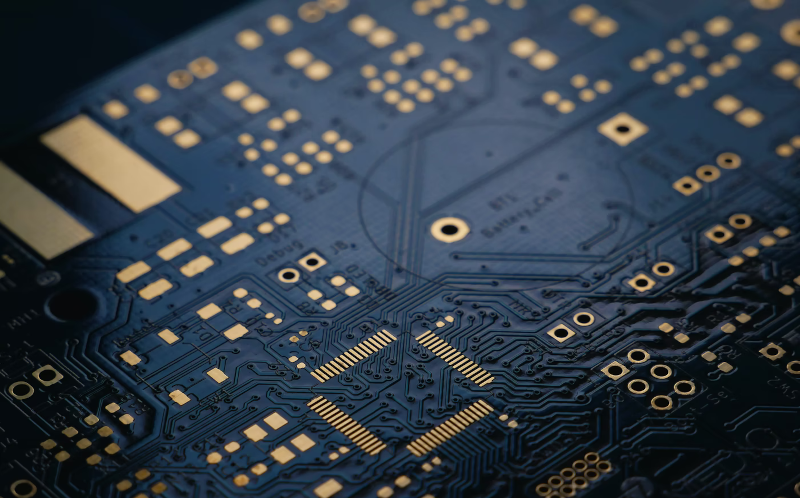 POLICY
POLICY
 POLICY
POLICY
 POLICY
POLICY
The U.S. Commerce Department today introduced new rules designed to restrict the sale of advanced artificial intelligence chips to buyers in China.
The rules expand upon an existing set of chip-focused export controls that were implemented last year. Under the expanded regulation, more types of AI chips are subject to export restrictions. As part of the move, the Commerce Department is also tightening the rules that regulate the sale of chipmaking equipment.
Nvidia Corp., the leading maker of data center AI chips, saw its stock price drop more than 4% on the news today. Shares of rivals Intel Corp. and Advanced Micro Devices Inc. are down by about 1%.
The original export controls introduced by the Commerce Department last year specify that AI chips above a certain speed threshold may not be sold to buyers in China without a license. The original rules cover, among other products, Nvidia’s flagship H100 data center graphics card. The chipmaker’s A100 graphics card, which was its flagship product until 2022, is also subject to the license requirement.
To comply with the export controls, Nvidia developed slower versions of the H100 and A100. Those versions could be exported to China without a license because of their decreased performance. Under the new rules that the Commerce Department detailed today, the slower versions of the H100 and A100 will also be subject to export restrictions.
In conjunction, the department is introducing a new benchmark for determining whether a chip may be exported to China. Officials will now look not only at performance but also performance density, or the amount of compute capacity a chip delivers per square millimeter. Furthermore, chipmakers will be required to notify the government if they make processors that fall just below the revised evaluation thresholds.
AI-optimized chips designed for use in consumer devices won’t be subject to the export rules. However, if a processor that falls into this category exceeds certain performance levels, its developer will have to share information about orders it receives from China with the Commerce Department.
A second set of rules introduced by the department today will make it more difficult to circumvent AI chip export controls. According to Reuters, the new rules will prevent China-based companies from ordering advanced AI chips through overseas subsidiaries. Furthermore, the Commerce Department is restricting the sale of such processors to more 40 countries because of concerns that the shipments could be diverted to China.
Officials are also rolling out a third set of export curbs that will apply to chipmaking equipment. The curbs apply to several types of deep ultraviolet lithography, or DUV, equipment.
A modern processor comprises upwards of dozens of layers that are stacked atop one another. The most sophisticated layers are made using extreme ultraviolet, or EUV, lithography machines, which are already subject to export controls. The DUV machines covered under the Commerce Department’s new rules are used to make the less sophisticated parts of a processor.
In a statement today, Nvidia said that it doesn’t expect the new export curbs to affect its earnings meaningfully. “We comply with all applicable regulations while working to provide products that support thousands of applications across many different industries,” a company spokesperson told CNBC. “Given the demand worldwide for our products, we don’t expect a near-term meaningful impact on our financial results.”
ASML NV, the leading maker of DUV and EUV chipmaking machines, said that “we do not expect these measures to have a material impact on our financial outlook for 2023.”
THANK YOU